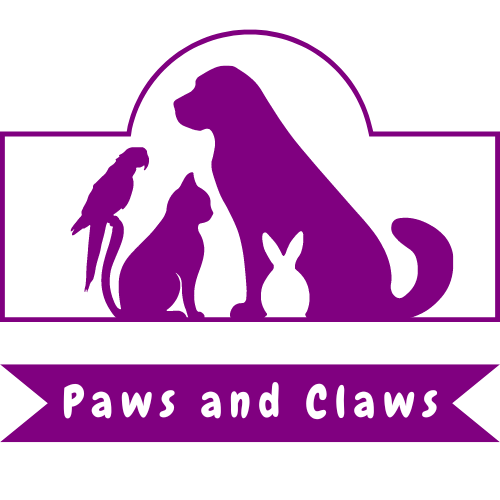
We would like to hear from you with any feedback about our website or products.
As pet owners, we all want the best for our furry friends. One of the most important aspects of caring for our pets is ensuring they have proper nutrition. Just like humans, pets need a balanced diet to stay healthy and happy. In this ultimate guide to pet nutrition, we will explore everything you need to know about feeding your pet to ensure they live their best life.
Proper nutrition is fundamental to the health and well-being of your pet. Providing a balanced diet helps maintain their overall health, supports their growth and development, and enhances their quality of life. This guide will cover the essentials of pet nutrition, including the types of diets available, key nutrients, and tips for ensuring your pet gets the right nutrition.
1.1. Nutritional Requirements by Species
Dogs:
Cats:
1.2. Life Stages and Special Needs
Puppies/Kittens:
Adults:
Senior Pets:
Pets with Health Conditions:
2.1. Commercial Pet Foods
Dry Food (Kibble):
Wet Food (Canned):
Semi-Moist Food:
2.2. Homemade Diets
Benefits:
Considerations:
2.3. Raw Diets
Benefits:
Considerations:
3.1. Proteins
Importance:
Sources:
3.2. Fats
Importance:
Sources:
3.3. Carbohydrates
Importance:
Sources:
3.4. Vitamins
Importance:
Sources:
3.5. Minerals
Importance:
Sources:
4.1. Portion Control
Importance:
Tips:
4.2. Feeding Schedule
Importance:
Tips:
4.3. Transitioning Foods
Importance:
Tips:
5.1. Obesity
Signs:
Solutions:
5.2. Allergies
Signs:
Solutions:
5.3. Dental Health
Signs:
Solutions:
Why It Matters:
Tips:
Providing the right nutrition is crucial for your pet’s health and well-being. By understanding their nutritional requirements, selecting appropriate foods, and addressing any health concerns, you can help ensure that your furry friend leads a long, happy, and healthy life. Regular veterinary check-ups and a balanced diet tailored to your pet’s specific needs are key components of optimal pet care.
Proper nutrition is essential for keeping your pet healthy and happy throughout their life. By understanding your pet’s nutritional needs, choosing high-quality food options, reading labels carefully, avoiding harmful foods, and monitoring their health regularly; you can ensure that your furry friend is getting the best care possible. Remember that every pet is unique so consult with your veterinarian to create a customized diet plan that meets their individual needs.

We would like to hear from you with any feedback about our website or products.
